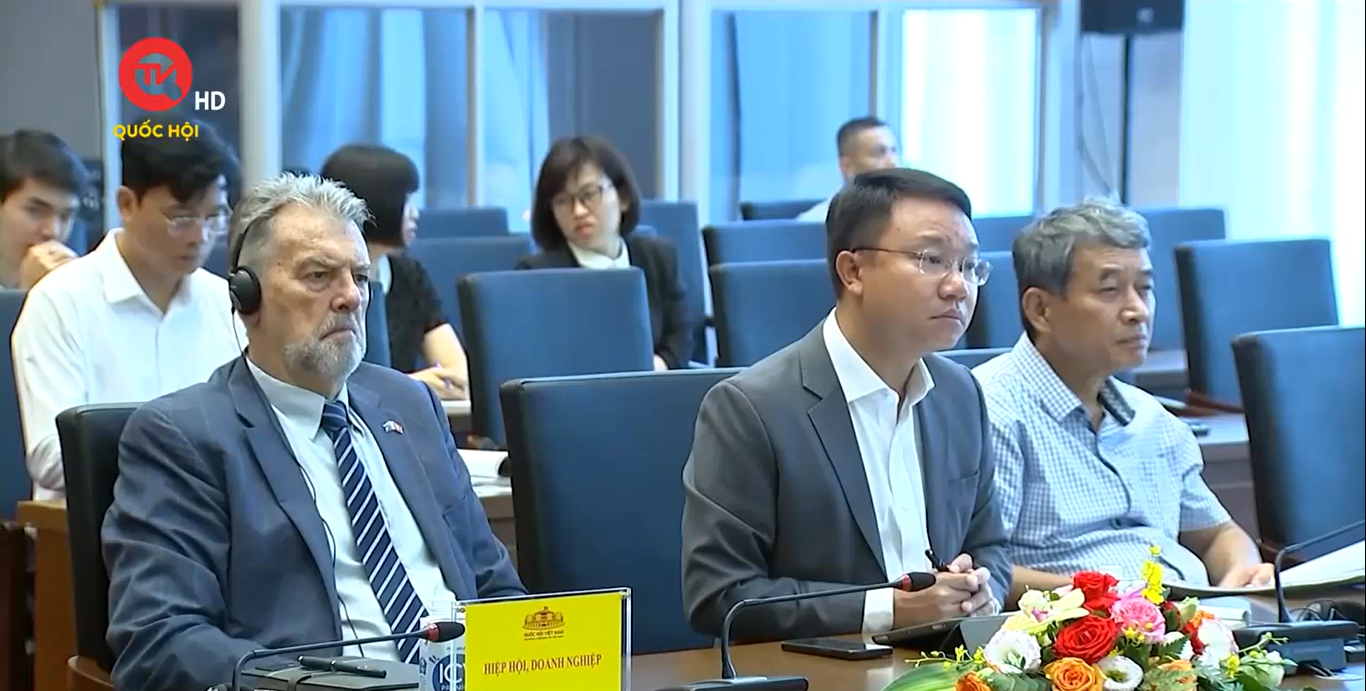AusCham Vietnam Participates in Consultation Workshop on Amended Law on Corporate Income Tax
Hanoi - On 4 September 2024, AusChamVietnam joined key stakeholders at the National Assembly Office in Hanoi for a Consultation Workshop on the amended Law on Corporate Income Tax (CIT). The workshop, co-organised by the National Assembly (NA) and the Ministry of Finance (MOF), focused on proposed changes to CIT regulations to better align with Vietnam’s evolving economic landscape and international standards.
The workshop was chaired by Mr. Le Quang Manh, Chairman of the NA’s Committee for Finance and Budget, and Mr. Cao Anh Tuan, Vice Minister of Finance, and attended by representatives from the Ministry of Planning and Investment (MPI), World Bank (WB), Vietnam Chamber of Commerce and Industry (VCCI), VINASME, foreign business associations, and experts. Representing AusCham were Director David Whitehead and Advocacy Officer Huong Tran.

The revised Law on Corporate Income Tax seeks to modernise Vietnam’s approach to international economic integration, globalisation, and the evolving digital and shared economies. This draft law introduces changes focusing on incentivised sectors and locations, the implementation of tax incentives, and compliance with the Global Minimum Tax (GMT) policy and the Global Anti-Base Erosion (GloBE) Rules. These adjustments aim to enhance Vietnam’s appeal for foreign investment while maintaining fair taxation practices in line with global standards.
Mr. Le Quang Manh, in his introductory remarks, underscored the significance of these amendments. He noted that while the current Corporate Income Tax (CIT) Law has benefitted Vietnam’s socio-economic progress, the evolving global economic landscape calls for an update to the tax policy framework. He emphasised the need for more precise tax incentives to draw investment into key sectors and foster the growth of a dynamic digital economy.
Foreign business representatives and experts, offered valuable insights into optimising tax incentives to attract high-quality investments. The discussions also examined how the new tax policies might affect Vietnam’s business climate and stressed the necessity of a stable and transparent tax system for foreign investors.
